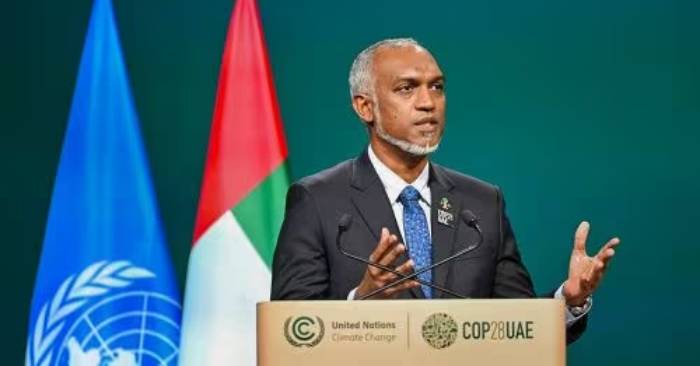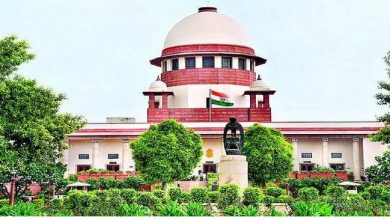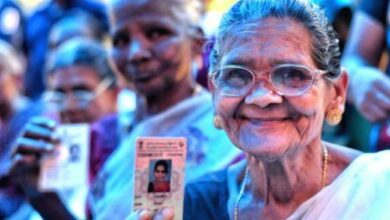Former Maldives President Urges Muizzu to End Stubbornness; Calls for Talks with India to Overcome Economic Challenges

Former Maldives President Ibrahim Mohamed Solih has urged current President Mohamed Muizzu to abandon his stubborn stance and engage in negotiations with neighbouring countries, particularly India, to address the economic challenges facing the Maldives. Solih’s remarks come in response to Muizzu’s recent request to India for debt relief to alleviate the country’s financial burdens.
During an election campaign meeting held in Male, Solih emphasized that while Muizzu sought debt relief from India, the economic distress in the Maldives cannot be solely attributed to its loan arrears with India. He pointed out that China holds a larger debt than India, and the repayment period for these loans spans 25 years. Solih stressed the importance of ending the current obstinacy and initiating negotiations with neighbouring countries to seek assistance in overcoming economic challenges.
According to official figures from last year, the Maldives owes approximately $400.9 million to India, with this grant received on multiple occasions. Muizzu has expressed difficulty in repaying this amount in a lump sum and has advocated for a renegotiation of the repayment terms. Additionally, Muizzu mentioned that Prime Minister Narendra Modi raised this issue during their recent meeting.
The shift in Muizzu’s stance coincides with the upcoming general elections in the Maldives scheduled for April. Muizzu assumed the presidency in November last year, following which diplomatic relations between India and the Maldives experienced strains. Muizzu, known for his sympathies towards China, previously demanded the complete withdrawal of 88 Indian soldiers from the Maldives by May 10. Earlier this month, the first batch of soldiers began returning to India as tensions between the two countries persisted.
Solih’s call for diplomatic engagement and negotiation with India and other neighbouring countries underscores the importance of cooperation and dialogue in addressing economic challenges and maintaining regional stability.






